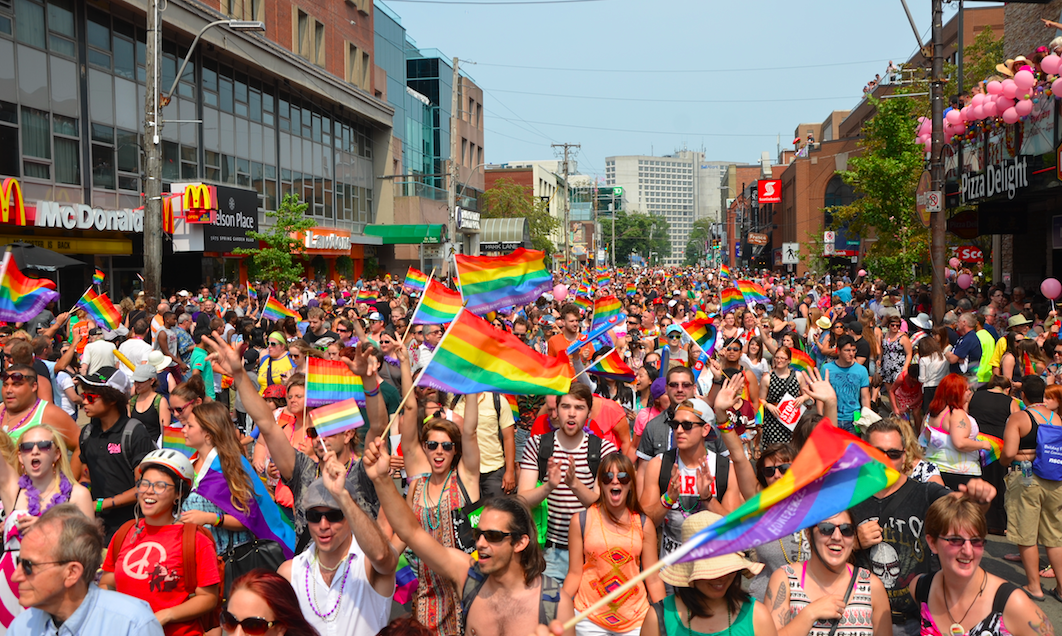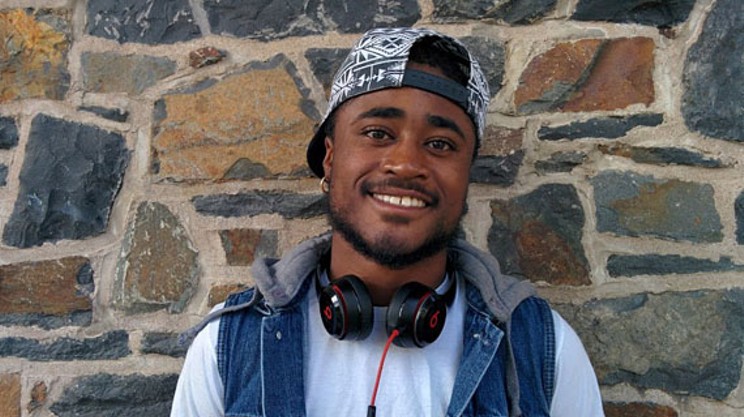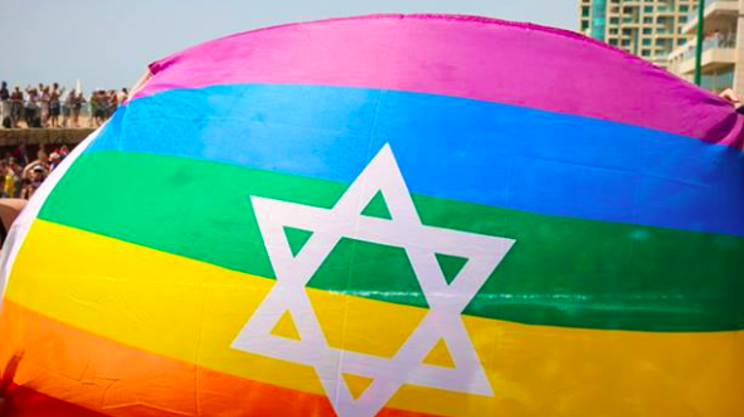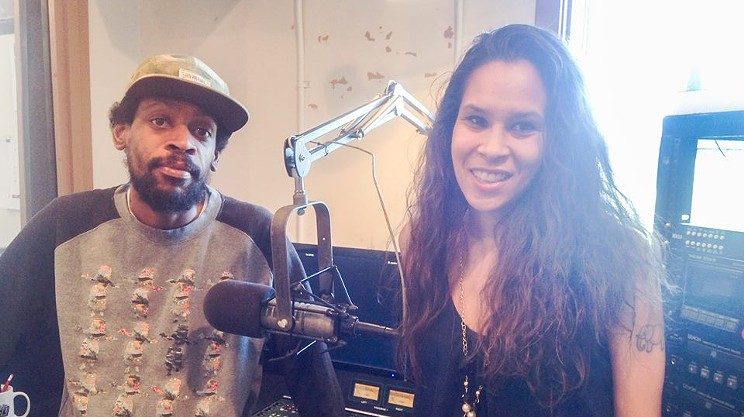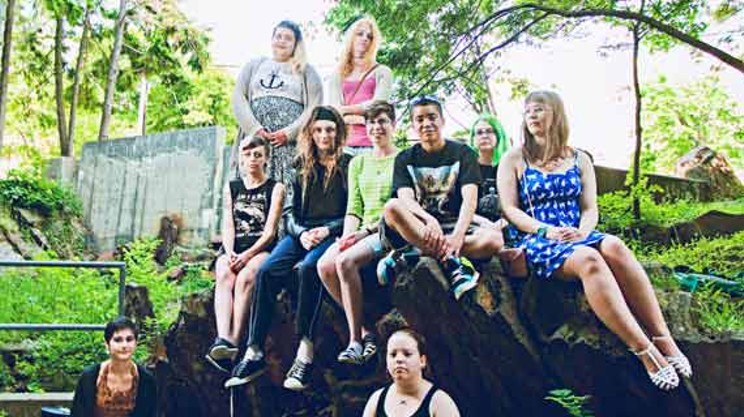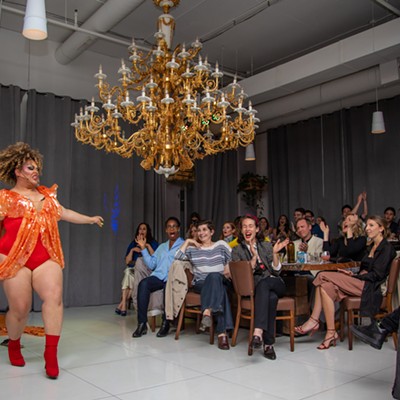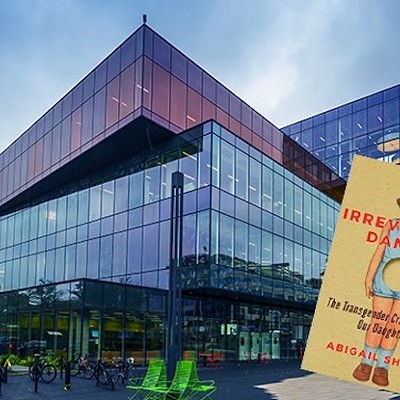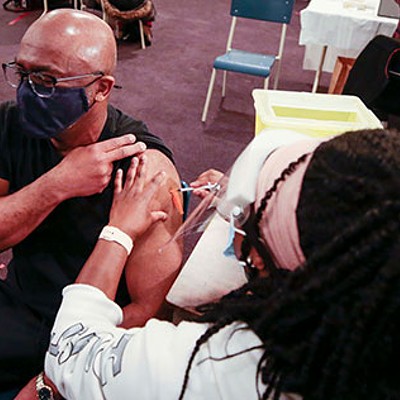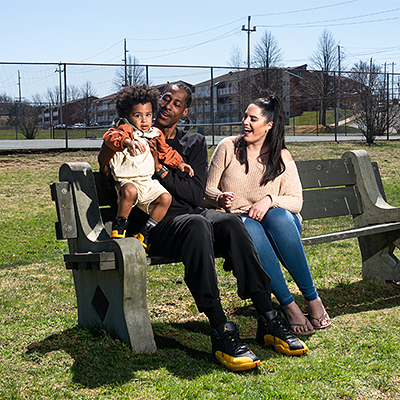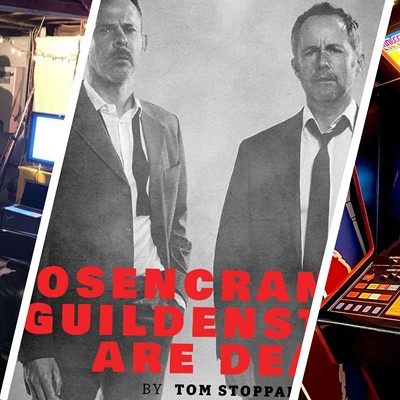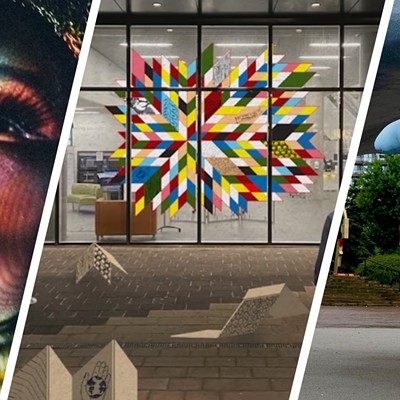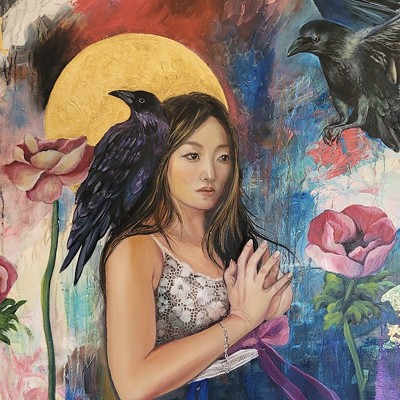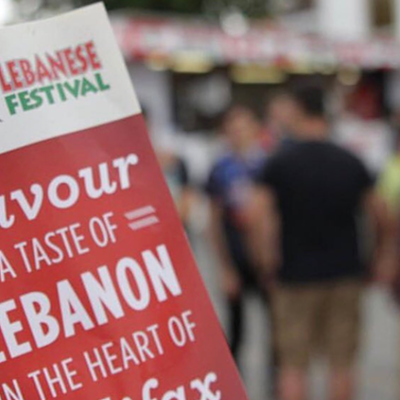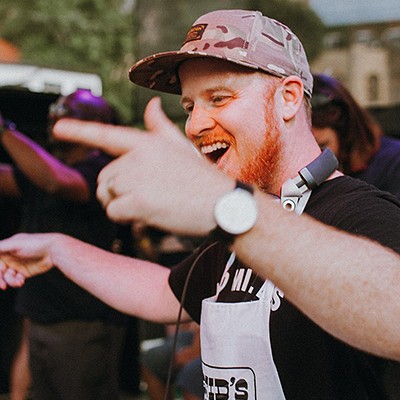Halifax’s Pride festival is finally here, but not everyone is celebrating.
The 11-day long festival kicks off today, arriving in the wake of the Pulse nightclub shooting last month that left 49 people murdered in Orlando, Florida, and a surge in protests across the United States and Canada against the use of police violence.
It’s also occurring about two weeks after demonstrators with Black Lives Matter Toronto temporarily paused that city’s parade, calling for increased representation of people from marginalized and vulnerable communities amongst Pride Toronto staff and asking for police floats to be banned at future parades in the hopes of bringing a greater inclusivity to Pride.
These instances have brought issues of marginalization at Pride to the forefront of the news cycle, and the calls aren’t going unheard here in Halifax.
One member of the Halifax group Queer Arabs knows the struggle of feeling unwelcome at Pride. George—a pseudonym, as they wished to protect their identity—has approached Halifax Pride’s board in the past with inclusivity concerns.
George says Queer Arabs won’t be celebrating Pride because of Tel Aviv Tourism’s anticipated presence at the community fair, promoting tourism to the Israeli capital city. In past years, the tourism promoters have been challenged by Halifax Rad Pride activists (amongst others) over Israel’s treatment of Palestinians.
“For me as an Arab, I feel very unsafe being there…Because it’s government funded through a different government that oppresses people," says George. [Ed: the tourism effort isn't directly funded by Israel's government, but by Size Doesn't Matter, according to the Atlantic Jewish Council].
It’s an example, says George, of how easily queer voices of colour can be eliminated during Pride events.
“It feels very pink washed, and I haven’t felt safe attending Pride for that reason.”
Halifax Pride chair Willem Blois says “inclusivity for all” is a concern the society has been working to address over the past year, but recognizes there’s a lot of work to do.
“We’re happy this year that we’ve tried very hard to reach out to community groups and stake holders that make up the queer community here in Halifax, to hear their concerns,” says Blois. “We’re trying our hardest to start those conversations so that in turn, down the road, we can bring about change.”
Opinions differ about how that can best be achieved.
Toronto’s Black Lives Matter demonstration opposed police floats at future Pride parades because the presence of police officers can make members of the black and trans community feel unsafe.
This week, St. John’s Pride organizers in Newfoundland and Labrador posted on Facebook that any additional police presence, other then the already confirmed RCMP and RNC, would be encouraged to “attend as off-duty, community allies—ideally not in uniform—as to better showcase strong police support of the LGBTQ community as individuals, and make the Parade more accessible to all.”
Blois says concerns about police haven’t been brought to him locally, but he has discussed the concern with Pride’s board and cautions against making any radical decisions about whether Halifax police should be barred from marching in uniform at Pride.
“We’ve seen in Toronto and St. John’s that that decision has really split the community,” he says. “I don’t think it’s in anyone’s best interest to make a sweeping decision like that.”
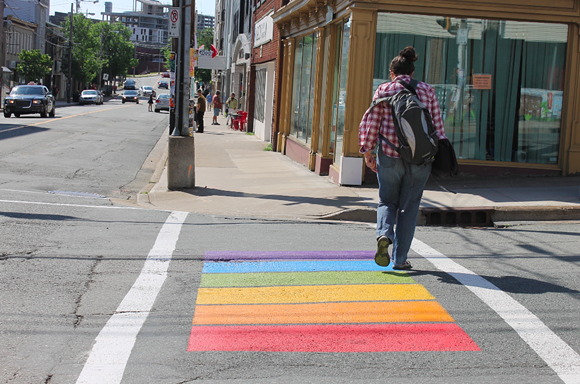
El Jones hasn't heard local concerns about police presence at the parade either, but recognizes the weight of the matter. The activist, educator and poet who speaks out about issues of black marginalization says the mainstream corporatization of Pride over the years has resulted in oppressed groups being pushed out of events.
“How do you create a Pride space that’s inclusive when you’re allowing in groups that are actively oppressive to people that are supposed to be a part of their march?,” she asks.
“I think we need more intersectionality in these movements,” says Jones. “Those concerns that are about police brutality are not separate from Pride. They’re not a different issue, they’re not two issues… because that’s what intersectionality is.”
In pointing out these contentions, Jones highlights that Pride is not solely to blame.
“It’s not like gay people created anti-black racism, it’s not like Pride can be held uniquely responsible for racism in society,” she says. “But, to the extent that people in Pride feel a responsibility towards equality, I think that something to consider is, ‘how can this movement be anti-racist? How can the concerns of black people be listened to?’”
Blois says he isn’t surprised that marginalized people feel pushed away by Pride—an unfortunate trend that he says is happening in Pride events all over the world.
“I can’t speak for everyone, but I do know that we really made a point to address what’s happened, and put as much effort as possible to rebuild those contacts,” says Blois. “And…it’s proven to be a lot more work than perhaps we thought.”

